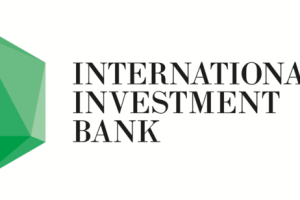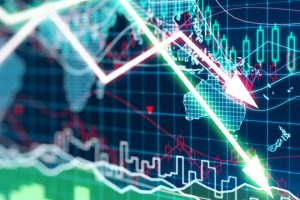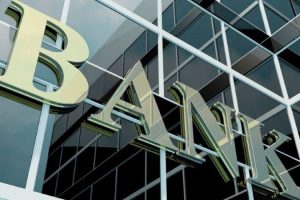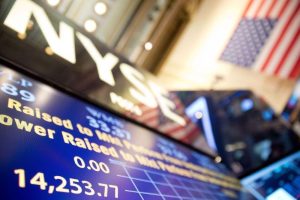Alătură-te comunității noastre!
Vezi cele mai recente știri & informații din piața de capital

A new 1% levy on share repurchases recently signed into law by President Joe Biden is designed to put the brakes on buybacks. But these reforms are failing to tackle the biggest problem with share buybacks, which is that they allow very wealthy Americans to amass fortunes and pass them on to their heirs whilst benefitting from tax shelters. As the real problem with buybacks is the way that they are taxed.
For companies, there’s no economic distinction between the $882 billion that the members of the S&P 500 Index spent on buybacks last year and the $511 billion they paid in dividends.
For investors, though, there’s a big difference. Whilst dividends are taxed as income, shares sold in a buyback incur capital gains tax that applies only to the owner’s overall profit. This doesn’t much matter for investors who pay no tax, like pension funds and nonprofit bodies. But it matters enormously for foreign investors, including hedge funds based in tax havens like the Cayman Islands.
These tax haven funds generally pay zero U.S. tax on capital gains, but a 30% tax on dividends. Foreign investors hold around 30% of U.S.-listed stock, according to Brookings Institution fellow Steven Rosenthal. Individual investors whose dividends and capital gains are taxed at the same rate, are obviously indifferent.
Politicians ranging from Democrat Ron Wyden to Republican Marco Rubio, are strong opponents of buybacks, often claiming that buying back shares diverts money away from investment in factories, jobs, and research. As for returning money to shareholders, companies prefer to buy back stock rather than pay dividends, and for good reason: it saves some elite investors billions of dollars a year in tax.
Imagine if companies had paid out $882 billion as dividends rather than in buying back stock. In this scenario, the government would have gained up to $80 billion in extra tax revenue – around x 10 what the new buyback tax is forecast to raise per year.
The true figure may be only a tad lower, since many foreign investors benefit from bilateral tax treaties that reduce their rate. But even if taxed at 15%, the extra dividends would bring in five times as much as the government is set to make from the buyback levy. It seems that for many, this new law is certainly raising a few eyebrows.
Distortions
A founder or major shareholder of a large enterprise can rightly decline to sell whenever the company buys back shares, by doing so they would amass a bigger proportion of the company’s equity. When they die, owing to a quirk of the tax system, the embedded capital gain resets to zero, relieving heirs of a big liability.
The Biden reform drive also left another even more unfair distortion completely untouched. In this scenario, private equity executives can treat the profits on funds they oversee as an investment at 20% tax, rather than earnings taxable, which is nearly twice that rate. This is known as the carried-interest loophole, which survived thanks to the support of Senator Kyrsten Sinema, who held the deciding vote.
Democrat proponents of carried interest reform state that it could have delivered $15billion of tax revenue over a decade. But analysts believe that closing the loophole could raise $180billion, up to 12 times the amount.
Supporters of a cleanup include legendary investor Warren Buffett, JPMorgan boss Jamie Dimon and even former President Donald Trump. Congress may or may not tackle these distortions. Until then, the buyback levy is better than nothing.
But politicians’ failure to remove dodges so egregious that even billionaires dislike them, speaks volumes about who rules America. Yes, Biden occupies the White House, but where tax is concerned, it seems that a wealthy minority is still calling the shots.









Vezi cele mai recente știri & informații din piața de capital